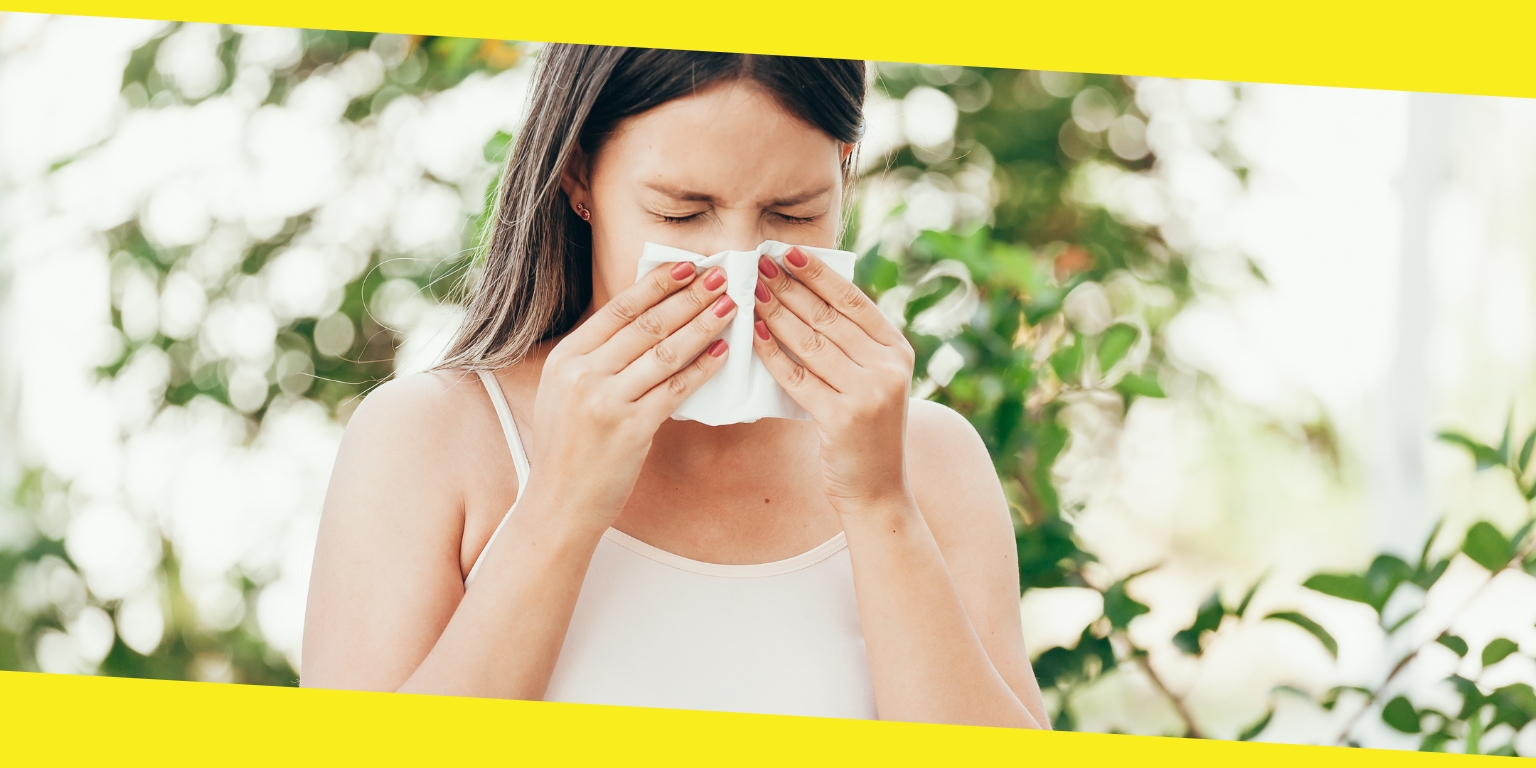
Do you experience suddenly uncomfortable reactions like itchy eyes, breathing problems, and itching skin when you are around certain things? Do the symptoms continue even after changing your immediate environment? You should reach out to duluth ga allergy and asthma specialists to get allergy shots that relieve severe symptoms of allergy reactions. Allergy shots contain a dose of your allergy trigger to give your immune system a chance to get used to them and reduce severe reactions. Your injections will continue until you can easily manage without the shots. The discussion below will give you an insight into what allergy shots do.
Who Needs Allergy Shots?
You may need to consider these shots if you experience severe allergy symptoms that do not go away with other medications. You can also opt for allergy shots if you want to reduce the long-term use of medications and you cannot avoid the things that cause your reactions. Allergy shots control symptoms resulting from seasonal allergies, indoor allergens, and insect stings. However, you will not get allergy shots for food allergies and chronic hives. Allergy shots are not necessarily a cure for allergy reactions but will improve your symptoms so you do not experience them often.
How Many Times Will You Need Allergy Shots?
Initially, you will need weekly shots for some months, which your doctor injects in your upper arm. The shot usually contains a small amount of what causes your allergy reactions. Over time, your doctor will increase your dose until you reach a maintenance dose. Later, you may need shots after every two weeks for up to 5 months until you can get a shot once a month for five years. You can talk to your doctor about a different treatment option if you do not feel improved symptoms after a year of allergy shots.
How Will You Prepare for Allergy Shots?
Your doctor will advise you to avoid strenuous activity two hours before and after your shots. You will need to inform your doctor about your current medications, supplements, and herbs, as some medications may increase the risk for side effects. Allergy shots may be risky if you have lung and heart diseases. Also, ask your doctor if you can get allergy shots while pregnant or planning to conceive.
What Should You Expect After Shots?
You will notice swelling, redness, and possible irritation at the injection site, but these will go away within eight hours. However, if you experience shortness of breath, tight throat, itchy eyes, and a runny nose, go back to the hospital. Your allergy reaction symptoms will not go away immediately but will keep improving during your first year of treatment. You will likely not experience allergy problems after a year of successful shots, even when your doctor stops the injections. However, some people may need to continue with injections to control allergy symptoms.
Pollen, dust mites, insect venom, spores, and animal dander are the common triggers of allergy reactions. While you can avoid most of them, it may be difficult to manage your symptoms every time you develop an allergic reaction. Therefore, consider allergy shots to help you manage these symptoms. At the start of treatment, you may need weekly shots, and then your doctor will increase the shots every time you go in. you will continue with injections until you reach the maintenance phase, which will continue until you get relief.